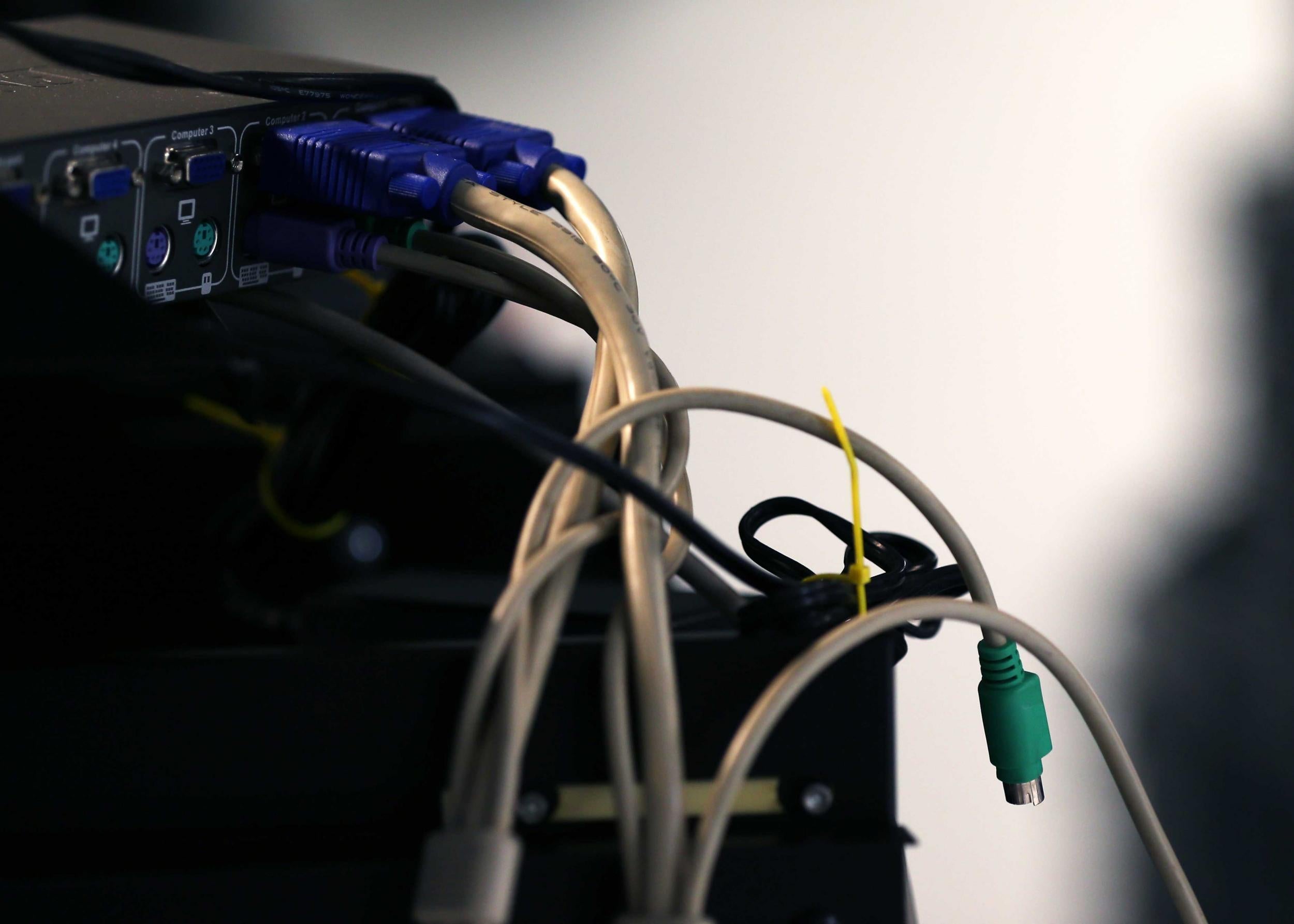Isis Twitter accounts 'tracked back to Department of Work and Pensions'
The government says it has sold a number of its unused IP addresses to other countries, including Saudi Arabia

Your support helps us to tell the story
From reproductive rights to climate change to Big Tech, The Independent is on the ground when the story is developing. Whether it's investigating the financials of Elon Musk's pro-Trump PAC or producing our latest documentary, 'The A Word', which shines a light on the American women fighting for reproductive rights, we know how important it is to parse out the facts from the messaging.
At such a critical moment in US history, we need reporters on the ground. Your donation allows us to keep sending journalists to speak to both sides of the story.
The Independent is trusted by Americans across the entire political spectrum. And unlike many other quality news outlets, we choose not to lock Americans out of our reporting and analysis with paywalls. We believe quality journalism should be available to everyone, paid for by those who can afford it.
Your support makes all the difference.Hackers have claimed that at least three social media accounts linked to Islamist terror group Isis can be traced back to the Department of Work and Pensions.
The DWP denies owning the IP addresses associated with the accounts, and referred inquiries to advice issued by the Cabinet Office that IP addresses had been sold off.
The hackers, a group of four teenagers who call themselves VandaSec, passed details of IP addresses used to access Isis-supporting Twitter accounts to Mirror Online and showed that while the IP addresses appeared to be based in Saudi Arabia, they apparently led back to the DWP's offices in London.
The site quoted one of the hackers as saying: "Don't you think that's strange? We traced these accounts back to London, the home of the British intelligence services."
But the government has been selling off its unused IP addresses, with some going to Saudi Arabia.
IP, or internet protocol, addresses are numbers assigned to devices on a network and can be used to locate the device.
However, IP addresses are no longer fixed. The world ran out of IPv4 addresses in July, making them increasingly valuable, and there now exists a market in what are effectively second-hand IP addresses.
The government has sold off millions of unusued IP addresses that were allocated to it in the 1980s and 90s and no longer has control over how those are used.
A statement from the Cabinet Office said: "The government owns millions of unused IP addresses which we are selling to get a good return for hardworking taxpayers.
"We have sold a number of these addresses to telecoms companies both in the UK and internationally to allow their customers to connect to the internet.
"We think carefully about which companies we sell addresses to, but how their customers use this internet connection is beyond our control."
The government has not said how much money it has made from the sale of IP addresses.
Join our commenting forum
Join thought-provoking conversations, follow other Independent readers and see their replies
Comments